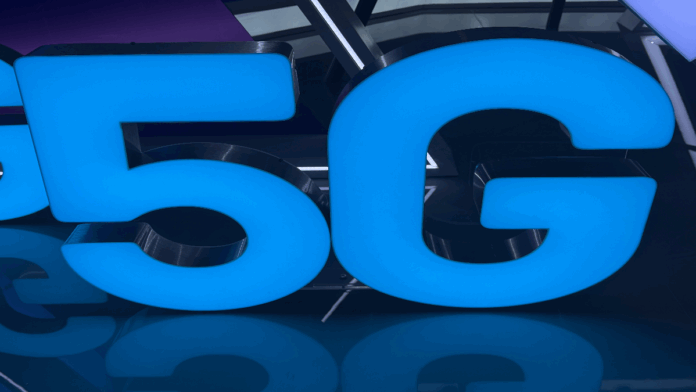The Government of Paraguay has adopted several measures to effectively restrict Chinese vendors for the provision of 5G gear
In sum – what to know:
Claro and Nubicom win spectrum – Both companies secured 200 MHz each in Paraguay’s 3.5 GHz band, with 5G rollouts expected in early 2026.
New entrant faces challenges – Nubicom, an Argentine ISP without mobile infrastructure, must establish operations and build a network from the ground up.
Major players abstain – Tigo and Personal skipped the auction, citing restrictive rules on vendor participation that excluded Chinese equipment makers.
Paraguay’s National Telecommunications Commission (Conatel) confirmed that Claro and Argentina’s Nubicom will each receive 200 MHz in the 3.5 GHz band after submitting the only bids in the country’s 5G auction.
Claro will operate in the 3.5–3.7 GHz range, while Nubicom secured 3.3–3.5 GHz. Both allocations are split into four 50 MHz sub-bands. Claro bid $2.021 million and Nubicom $2 million, with both companies making a $1.4 million deposit. The full license fee must be paid within 60 days.
Operators have six months to begin infrastructure deployment, with commercial 5G service expected to launch between March and April 2026. Nubicom, which currently provides fixed internet services in Argentina’s Salta province but has no mobile infrastructure in either Argentina or Paraguay, will have to build a mobile network from scratch.
Meanwhile, Millicom’s Tigo and Telecom’s Personal, the two largest mobile providers in Paraguay, did not take part in the auction process. Industry observers siad the final bidding rules undermined technological neutrality by excluding Chinese vendors, deterring broader participation despite one of the region’s lowest base prices.
The U.S. Embassy in Paraguay has welcomed the country’s recent 5G spectrum auction, calling it a success despite limited participation and criticism over its restrictive terms.
The U.S. mission praised the process for aligning with Washington’s stance on banning Chinese technology from critical telecom infrastructure.
“We highlight and support this initiative by the Paraguayan government, which prioritizes user security and privacy by developing 5G networks with trusted suppliers. An important step toward ensuring a safe digital environment,” the embassy said in a statement on X.
The local government decided to adopt strict eligibility rules for the auction, which effectively barred Chinese vendors. One of the key requirements was a “commercial reciprocity” clause: Bidders had to provide a certificate from Paraguay’s diplomatic mission in the country of origin of their proposed RAN equipment manufacturer, confirming equal access for Paraguayan companies to that market.
Since Paraguay recognizes Taiwan, it has no diplomatic relations with the People’s Republic of China. This provision automatically excluded major suppliers like Huawei and ZTE from the 5G auction.

